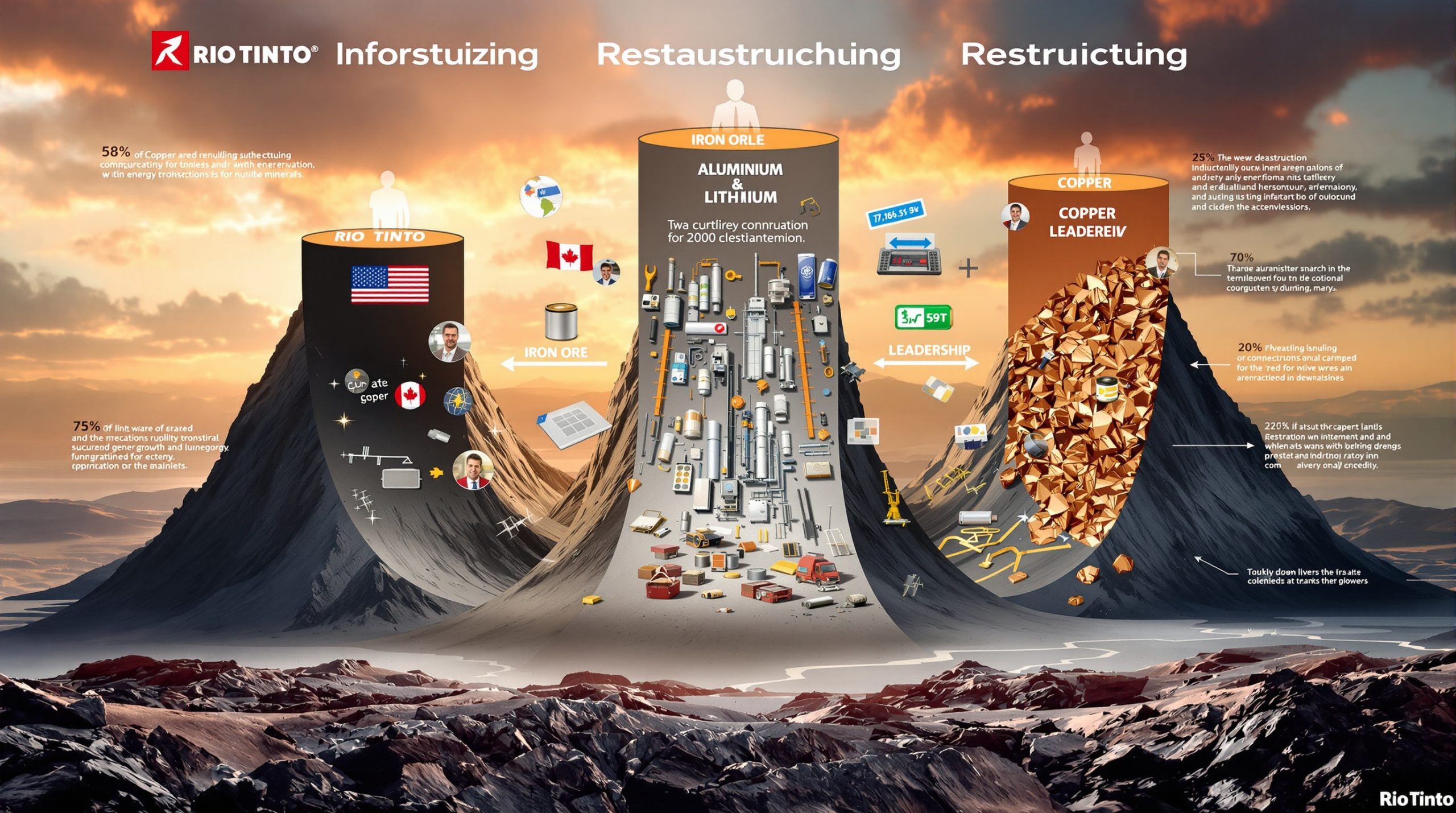Understanding Share Markets and Trading Basics
What are Primary and Secondary Markets?
The primary market serves as the launchpad for companies seeking capital through share issuance. During an IPO, investors purchase shares directly from the issuing company, enabling the entity to raise funds for expansion or debt reduction. For instance, a company floating on the Australian Securities Exchange (ASX) must lodge a prospectus with the Australian Securities and Investments Commission (ASIC), detailing its financial health and growth strategies. Once listed, shares transition to the secondary market, where investors trade them among themselves. The secondary market's liquidity ensures price discovery and enables continuous trading, though transactions here do not directly benefit the issuing company.
Key Terminology in Share Trading
Mastering terminology is essential for navigating markets. A prospectus outlines a company's objectives, risks, and financials, serving as a critical document for IPO participants. The Clearing House Electronic Sub-register System (CHESS) facilitates secure settlement by electronically transferring ownership and funds between parties. Investors receive a contract note post-trade, specifying transaction details, while brokerage fees vary between advisory (full-service) and non-advisory (execution-only) brokers. Understanding these terms mitigates risks and enhances decision-making efficacy when learning how to buy and sell shares.
How to Buy Shares in an Initial Public Offering (IPO)
Evaluating a Company Prospectus
A prospectus demands rigorous scrutiny using the "5 W's" framework:
- Who: Assess the management team, underwriters, and board credentials.
- What: Determine whether shares offer growth, income, or speculative value.
- When: Consider market conditions during the IPO window.
- Why: Evaluate fund usage, such as expansion or debt repayment.
- How: Identify participation avenues like public pools or entitlements.
ASIC's registration of a prospectus does not guarantee success, necessitating independent financial advice. For example, oversubscribed IPOs may allocate fewer shares than requested, underscoring the importance of tempered expectations. Understanding market dynamics is crucial, especially considering why shares go down on good news.
Application Process for IPOs
Prospective investors complete application forms attached to the prospectus, specifying desired share quantities and submitting payment. Allocation uncertainties arise in high-demand floats, where issue prices may finalize near trading commencement. This volatility highlights the need for diversification strategies and risk assessment.
How to Buy and Sell Shares Through a Stockbroker
Types of Stockbroking Services
Approximately 80 ASX-licensed brokers offer tailored services. Advisory brokers provide personalized advice, research, and portfolio management, ideal for novice investors. Conversely, non-advisory brokers cater to self-directed traders via low-cost online platforms, emphasizing execution speed over guidance. Fee structures often reflect service depth, with full-service brokers charging higher commissions for comprehensive support.
Placing Trade Orders
Investors can execute at-market orders, accepting prevailing prices, or at-limit orders, setting price thresholds. Conditional orders automate trades upon triggering events, such as specific price levels. Confirming order details pre-execution minimizes errors, while digital platforms streamline verification. Post-trade, contract notes formalize transactions, ensuring auditability.
How to Choose the Right Broker
The ASX's "Find a Broker" tool aids comparisons based on advice quality, fees, and platform usability. Investors may engage multiple brokers, leveraging CHESS-sponsored accounts for seamless transitions. Prioritizing brokers with robust research tools and responsive customer service enhances trading outcomes. Furthermore, successful investors often follow 5 timeless investing rules to guide their decisions.
Understanding the Trading and Settlement Process
How Share Trading Works
Orders routed through brokers enter the Central Limit Order Book (CLOB), matching bids and offers by price-time priority. Paper trading via ASX's Sharemarket Game allows simulated portfolio management, fostering strategy refinement without financial exposure. Real-time watchlists track performance, integrating price charts and corporate announcements for informed decisions.
What is the Settlement Process?
CHESS enforces T+3 settlement, transferring shares and funds within three business days. The Delivery versus Payment (DvP) mechanism ensures irrevocable ownership exchange, reducing counterparty risks. CHESS holding statements detail monthly account changes, enhancing transparency for frequent traders.
How are Shareholdings Registered?
Issuer-sponsored registrations assign unique Shareholder Reference Numbers (SRNs) per company, complicating portfolio management. Conversely, CHESS-sponsored holdings consolidate under a Holder Identification Number (HIN), streamlining administration and settlement. This distinction underscores CHESS's efficiency for active traders who need to know how to buy and sell shares efficiently.
Off-Market Transfers and Gifting Shares
How to Transfer Shares Without Using the Market
Off-market transfers facilitate familial wealth distribution or estate planning. Non-CHESS holdings require Australian Standard Transfer Forms, obtainable from company registries. CHESS participants electronically transfer shares via brokers, bypassing manual paperwork. Legal and tax consultations ensure compliance, particularly for cross-border transactions.
Giving Shares as Gifts
Shares gifted to minors necessitate trust accounts, circumventing legal ownership restrictions. Listed Managed Investments (LMIs) diversify exposure, reducing sector-specific risks. Tax implications, including penalty rates for minors' investment income, mandate accountant consultations. Long-term relevance guides share selection, balancing growth potential and stability. Understanding the strategic role of cash in portfolios can also enhance overall investment strategy.
FAQs About Buying and Selling Shares
What is the difference between a HIN and SRN?
A HIN consolidates CHESS-sponsored holdings, whereas SRNs track issuer-sponsored shares per company. The former simplifies portfolio management, while the latter suits infrequent traders.
How long does settlement take after buying or selling shares?
T+3 settlement via CHESS ensures ownership and fund transfers within three business days. Delays necessitate broker consultations to resolve discrepancies.
Can I buy shares directly from a company?
Direct purchases are limited to IPOs; post-listing, secondary market transactions require brokers. For beginners, it's important to understand the distinction between investing vs. speculating to make sound decisions.
How do I change brokers?
CHESS-sponsored accounts enable broker switches without re-registration, offering flexibility. Multiple brokers can concurrently manage distinct strategy components.
Conclusion
Navigating share markets demands familiarity with primary and secondary mechanisms, broker services, and settlement protocols. By evaluating prospectuses, selecting appropriate brokers, and leveraging CHESS for efficient settlements, investors optimize portfolio performance. Off-market transfers and strategic gifting further enhance wealth management, provided tax and regulatory considerations are addressed. Continuous education, supported by tools like the ASX Sharemarket Game and resources from Jeff Wilson's investment insights, empowers investors to adapt to evolving market dynamics, ensuring sustained financial growth. For those just starting out, share investing for beginners resources can provide additional guidance on how to buy and sell shares effectively.
Want to Spot the Next Major Mineral Discovery?
Discovery Alert's proprietary Discovery IQ model scans ASX announcements in real-time, instantly notifying investors of significant mineral discoveries before the market fully responds. Experience why historic discoveries have generated substantial returns by visiting Discovery Alert's dedicated discoveries page and begin your 30-day free trial today.




